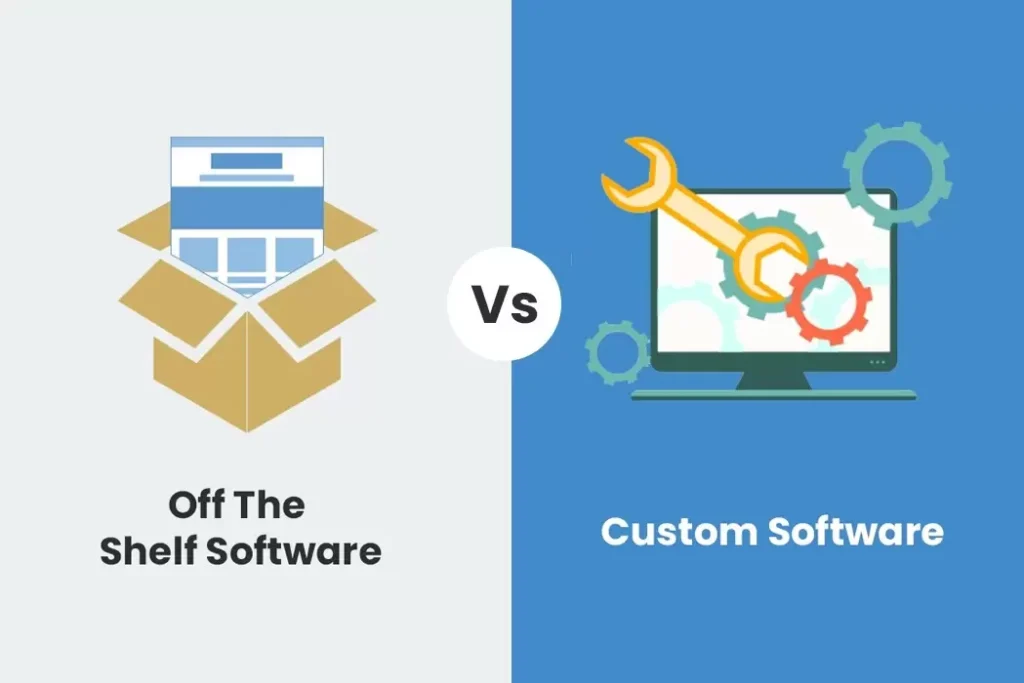When it comes to selecting an Enterprise Resource Planning (ERP) system, businesses are faced with a critical choice: should they opt for a custom-designed ERP solution or go with an off-the-shelf option? Each choice has its own set of advantages and challenges, and the best option depends on several factors including business size, industry, specific needs, and budget.
Custom ERP Systems Advantages:
- Tailored Solutions: Custom ERP systems are designed specifically to fit the unique processes and needs of your business, ensuring that every functionality aligns with your operational requirements.
- Flexibility and Scalability: As your business grows or changes, custom systems can be easily modified to accommodate new requirements, providing greater flexibility and scalability.
- Competitive Edge: Having a system that is unique to your business can provide a competitive advantage by optimizing your operations in ways that off-the-shelf systems cannot.
Challenges:
- Higher Costs: Developing a custom ERP system can be significantly more expensive due to the need for specialized software development.
- Longer Implementation Time: The time from planning to launch can be lengthy as the system is built from scratch, potentially delaying benefits realization.
- Requires Expertise: You need access to skilled developers who understand both software development and your business operations deeply.
Off-the-Shelf ERP Systems Advantages:
- Cost-Effective: These systems are generally less expensive upfront than custom solutions, as they spread the development costs across many users.
- Quicker Deployment: Off-the-shelf ERP systems can be deployed much faster since they are pre-built and only require configuration instead of full-scale development.
- Proven Reliability: These systems often come from established providers with a track record of stability and continuous updates.
Challenges:
- Limited Customization: While some customization is possible, off-the-shelf ERPs might not perfectly fit your business’s specific processes or needs.
- Potential Over-Complexity: These systems can be bloated with features that are unnecessary for your business, complicating the user experience.
- Dependency on Vendor: Your business might become dependent on the ERP vendor for updates, support, and modifications.
Which is Best for Your Business? The decision between custom and off-the-shelf ERP systems should be guided by:
- Business Requirements: Evaluate what specific functionalities your business requires from an ERP system.
- Budget Constraints: Consider the total cost of ownership, including development, implementation, and maintenance.
- Growth Prospects: Reflect on your business growth plans and how your ERP system needs to scale.
- IT Capabilities: Assess whether your in-house IT team can develop and maintain a custom ERP or if relying on a vendor’s support is more feasible.
Conclusion Choosing the right ERP system for your business is a strategic decision that requires a careful assessment of your business needs, resources, and future goals. Whether it’s a custom or off-the-shelf ERP, it should facilitate your business operations and support your growth objectives. For businesses looking for tailored solutions in regions like Saudi Arabia and the UAE, iSky ERP offers customized modules that align with specific business needs. To learn more about our ERP solutions, visit iskycreative.com and isky.ae, and find the right fit for your enterprise.
